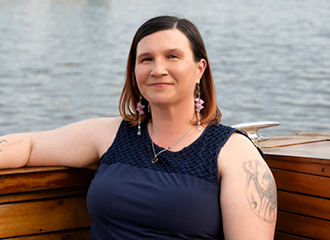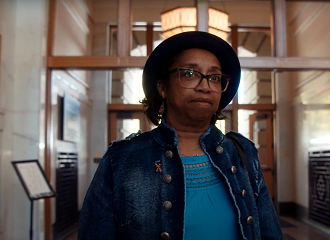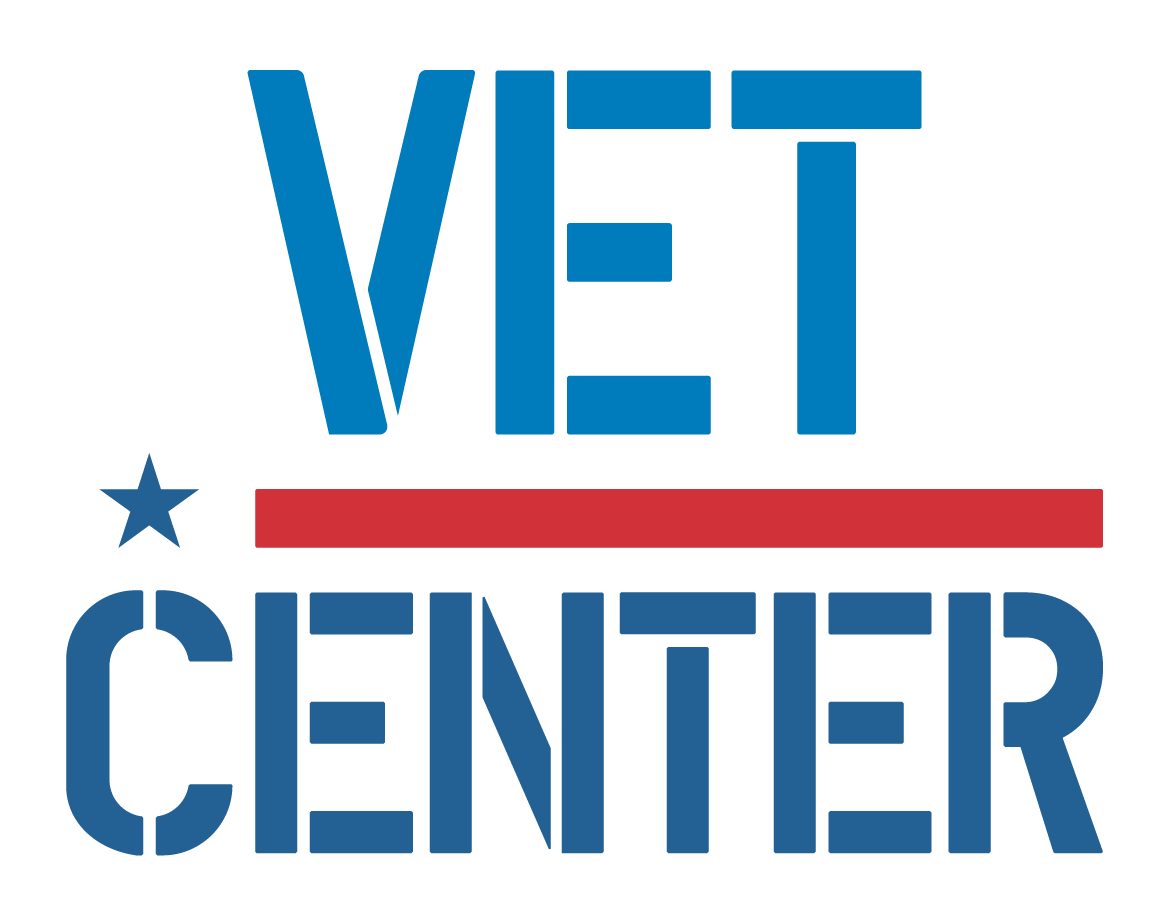Military sexual trauma is an experience, not a diagnosis or a condition, and people react in a wide variety of ways to MST. Some people may recover from MST without significant long-term challenges. For others, problems may not surface until months or years after the MST, and sometimes not until after they have left military service. Some people find that MST continues to affect their mental and physical health, work, relationships, and everyday life even many years later. Your reaction may depend on factors like these:
- Whether you experienced other traumas or stressful life events
- How others responded at the time of the experience
- Whether you experienced more than one instance of MST
These are some of the difficulties survivors of MST may experience:
- Strong emotions—for example, feeling depressed; having intense, sudden emotional responses to things; or feeling angry or irritable
- Feeling numb or emotionally flat, or having difficulty feeling positive emotions like love or happiness
- Trouble sleeping, or having bad dreams
- Trouble with attention, concentration, or memory
- Using alcohol or other drugs to numb or escape from negative feelings
- Dealing with reminders of the MST experience
- Feeling on edge or jumpy, or not feeling safe
- Going to great lengths to avoid reminders of the trauma
- Self-doubt, self-blame, or low self-esteem
- Questioning important aspects of themselves, like their sexual orientation
- Problems in relationships, trouble trusting others, or feeling alone or not connected to others
- Trouble with employers or authority figures, or difficulty keeping a job
- Physical health problems like chronic pain, weight or eating problems, or stomach or bowel problems
- Difficulties with arousal, enjoyment, performance, or pain during sex, or avoiding intimacy
- Self-harm or unsafe behaviors like thoughts of suicide, cutting, risk-taking, or aggression
Your background can also shape how MST is experienced, its impact, and your recovery. Some MST survivors experience discrimination related to race, ethnicity, sex, or sexual orientation during or after MST. These experiences can worsen the impact of the MST. Recovery can also be impacted by perceived stigma. For example, male survivors may be especially likely to tell no one and “go it alone” after MST due to fears of being judged.
Fortunately, people can recover from experiences of trauma, and VA has services to help MST survivors move forward in their lives.
Experiencing MST can be different from experiencing other traumas in some ways, including even sexual trauma in the civilian world.
“Going through a sexual assault is bad enough. Then to have this happen to me in my job as a soldier; it was really difficult because what happened to the unit support? Your fellow soldiers are supposed to have your back.”
These are some aspects of MST that can be especially challenging:
- Having had to continue to live and work with the perpetrator(s) and even rely on them for essential things like food, health care, or “watching your back.”
- Worrying about damaging the bonds in your unit if you speak out about what happened.
- Living far away from your family, friends, or other sources of support.
- Worrying about being seen as weak or vulnerable, or believing that others would not respect you and might even blame you if you told anyone.
- Thinking that if others found out, it would hurt your career or your chances for promotion.
For these and other reasons, the experience of MST can leave survivors feeling alone, with few options to cope, and with a lot of strong emotions.
Although MST can be a very difficult experience, recovery is possible, and it's never too late to move forward. VA offers free, confidential treatment for mental and physical health conditions related to MST. You may be able to receive this MST-related care even if you are not eligible for other VA services. You do not need a VA service-connected disability rating. You also don't need to have reported the incident when it happened or have documentation that it occurred to get this care.
VA has effective services to support many paths to healing from the impact of MST. Services are recovery-oriented and tailored to your needs. Treatment may involve addressing immediate health and safety concerns, learning more about how MST affects people, focusing on strategies for coping with challenging emotions, or, for individuals who are ready, talking more about memories of the MST experience(s).
VA believes in MST survivors and stands ready to help in their recovery. Every VA health care facility has an MST Coordinator who can answer any questions you might have and help you access services.
- All VA health care facilities and many VA community-based outpatient clinics have providers who are knowledgeable about treatment for difficulties related to MST.
- VA’s community-based Vet Centers also offer MST-related counseling.
- Evidence-based treatments are widely available.
- VA offers treatment in residential or inpatient settings for individuals who need more intense treatment and support.
- You can ask to meet with a male or female clinician if it would help you feel more comfortable.
Note: Although this page refers to Veterans, most former service members with an other than honorable discharge or uncharacterized (entry-level) discharge are also eligible to receive MST-related care. Former National Guard and Reserve members with federal active duty service or a service-connected disability who were discharged under honorable conditions or with an other than honorable discharge are also eligible; the service-connected disability does not need to be related to your experiences of MST. Current service members may also receive services related to MST, although for some types of services, a Department of Defense referral may be required. For more information, please contact your local VA medical center and ask to speak to the MST Coordinator.
If you’re having difficulties related to your experiences of MST, there are many things you can do.
First, you can download VA’s free self-help mobile app, Beyond MST, to support your health and well-being. This secure and private app has over 30 specialized tools and other features to help MST survivors cope with challenges, manage symptoms, improve their quality of life, and find hope. You do not need to create an account or be in treatment to use the app. No personal information entered in the app is shared with anyone, including VA.
You can also consider seeking support from a VA health care provider or talking to your local VA facility’s MST Coordinator.
In addition, there are some things you may be able to do on your own to heal and recover after MST. These are some changes that can have a positive impact on your overall well-being:
- Practice self-care, like eating healthy, exercising, and getting sleep.
- Talk to a health care provider about any health concerns you notice.
- Try to avoid risky behaviors, including misusing alcohol or other drugs or overusing prescription medications to numb or escape from your feelings, and talk to a provider or a support group if you or others are concerned about your substance use.
- Keep a record to help identify situations that might trigger or worsen your symptoms.
- Consider trying a new hobby or a recreational activity that may fill your time in a healthy and enjoyable way.
- If you feel comfortable and safe, talk to family members and friends about what you are experiencing. This can help keep you from feeling isolated and give loved ones a chance to provide support.
- Try techniques that may reduce stress, such as breathing exercises, meditation, or prayer.
“You can find the plan and techniques that work for you. What worked for me may not work for you but I can tell you I found the steps that led to my recovery: going to VA, asking about their options, talking to somebody about my MST and PTSD, going to their classes, attending their groups.”
Every day, Veterans from all military service branches and eras connect with proven resources and effective treatments. Here’s how to take the next step: the one that’s right for you.
New to VA? Apply for health care benefits.
- Getting started is simple. Create a free account online to help ease your enrollment process. To prepare to apply for VA health care in person, by telephone, or by mail, explore VA’s “How to Apply for VA Health Care” page.
- Not sure whether you are eligible for VA health care benefits? Read about eligibility for VA health care.
- Unsure of what kind of help you need? Call 877-222-VETS (877-222-8387) to find the right resources to meet your needs, Monday through Friday, 8:00 a.m. to 8:00 p.m. ET. If you have hearing loss, call TTY: 800-877-8339.
- Veterans’ family members and caregivers can see whether they qualify for VA medical benefits as a spouse, surviving spouse, dependent child, or caregiver. Explore family and caregiver health benefits.
Already enrolled in VA and interested in mental health support? Schedule a mental health appointment.
- If you’re already enrolled in and using VA health care, the fastest way to schedule VA appointments is to call the VA facility where you want to receive care.
- With VA Appointments tools, you can schedule some VA health care appointments online, view details about upcoming appointments, and organize your health care calendar.
- If you’re not using VA medical services, contact your nearest VA medical center or Vet Center to talk about your needs.
What about other options at VA? VA offers a variety of tools and resources.
- The Veteran Training online self-help portal includes modules on managing anger, developing parenting and problem-solving skills, and more.
- Mental health apps for Veterans cover a variety of topics, ranging from PTSD to anger management to quitting smoking.
- VA TeleMental Health connects you with a VA mental health provider through a computer or mobile device in your home or at your nearest VA health facility. You can learn more about this option from your local VA medical center.
- Community-based Vet Centers provide confidential counseling, community engagement and referral services to eligible individuals and their families. You don’t need to be enrolled in VA healthcare or have a service connection to receive services. Find a Vet Center near you or call 877-927-8387, 24/7 to talk with a fellow Veteran about your experiences.
- VA residential rehabilitation treatment, sometimes referred to as inpatient residential or domiciliary care, provides comprehensive treatment and rehabilitation services to Veterans with mental health conditions, including conditions related to military sexual trauma, like PTSD, depression, and substance use disorder.
What about support beyond VA?
FindTreatment.gov and the National Resource Directory list programs outside of VA. Use these tools to find resources near you.











